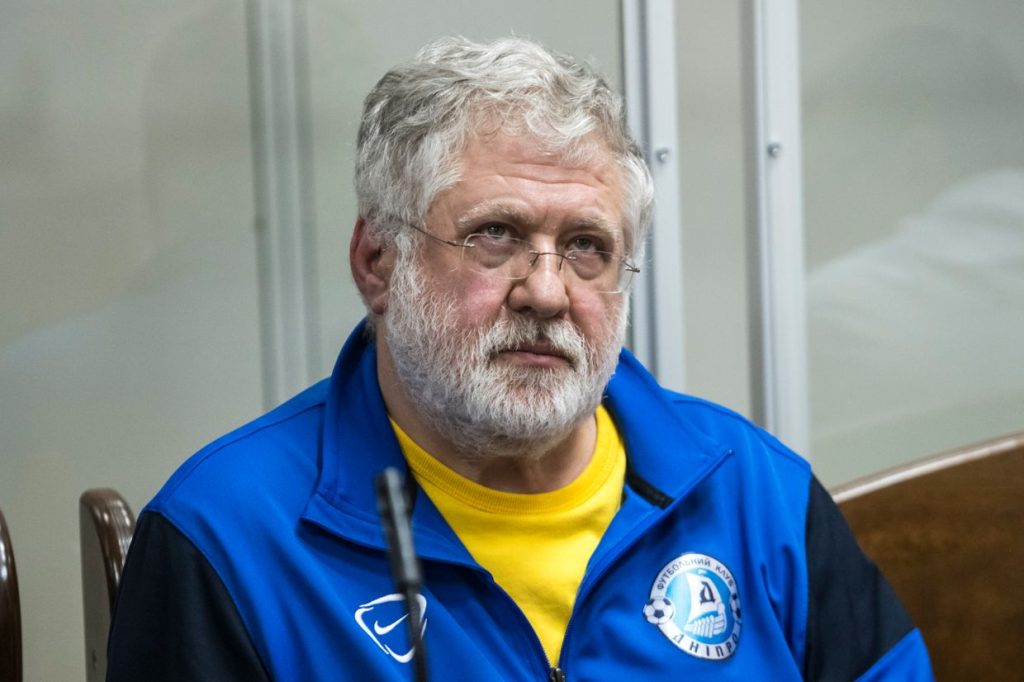The Shevchenkivskyi district court in Kyiv recently ruled that oligarch Ihor Kolomoisky must remain in custody until July 22 with an alternative of a Hr 1.96 billion ($49 million) bail. Kolomoisky, a prominent Ukrainian business tycoon, was arrested on allegations of fraud and money laundering related to his oil and gas holdings. His bail was initially set at Hr 509 million (now $13.2 million) and has since been reduced to the current amount. Furthermore, the Prosecutor General’s Office announced that Kolomoisky is also suspected of ordering the murder of the head of a law firm in Crimea more than 20 years ago, leading to an arrest warrant being issued.
Despite the accusations against him, Kolomoisky has denied any wrongdoing. The 61-year-old oligarch has been vocal about his health issues while in detention and previously requested a change in his pretrial detention terms to house arrest due to his health concerns, which was denied. In addition to his legal troubles in Ukraine, a Russian court has claimed to have confiscated assets allegedly linked to Kolomoisky. The court accused him of being a member of a British mining company labeled as part of an “extremist group” with actions deemed anti-Russian in nature.
The ongoing legal saga surrounding Kolomoisky has attracted widespread attention in Ukraine and beyond. His arrest and subsequent legal battles highlight the complex relationships between powerful oligarchs, the government, and the legal system in the country. The significant bail amounts and serious accusations against him underscore the gravity of the charges he is facing. The case also raises questions about the extent of influence that wealthy individuals like Kolomoisky wield over the Ukrainian political and economic landscape.
As Kolomoisky continues to fight his legal battles and maintain his innocence, the case serves as a reminder of the challenges facing the country in its efforts to combat corruption and hold powerful individuals accountable. It also underscores the importance of independent journalism and investigative reporting in uncovering such cases and ensuring transparency in the legal system. By supporting independent media outlets in Ukraine, individuals can contribute to the ongoing fight against corruption and impunity, ultimately working towards a more just and equitable society. Joining this fight and standing up for accountability can help shape a better future for Ukraine and its citizens.


